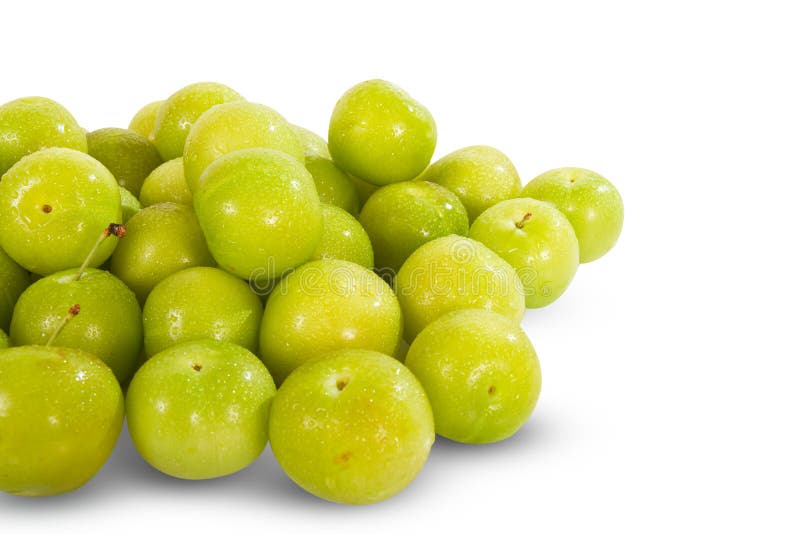

Fresh fruits are not sold with nutrition facts. It’s important to recognize that the high-fat fruits have greater calorie density since a gram of fat has over double the calories of a gram of protein or carbohydrate. Fruits are all said to have good nutritional value since they contain a lot of vitamins and minerals per serving, and varieties like avocados and coconuts contain healthy fats.

Regardless of this difference, most fruits are considered to be low-calorie foods. This means the amount of glucose and fructose – natural fruit sugars – varies depending on the type of fruit for example, bananas and figs are high in sugar and taste very sweet, whereas lemons and cranberries are known for a tart flavor due to low sugar content. The carbs, however, are not all the same and are usually a mix of complex carbohydrates (i.e., made of three or more bonded sugars) and simple carbohydrates (i.e., simple sugars). All fruits are mostly made of carbohydrates, although calories in fruit can also come from fats and small amounts of protein.


 0 kommentar(er)
0 kommentar(er)
